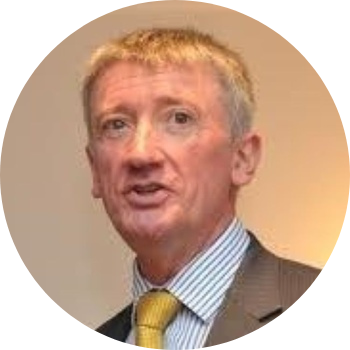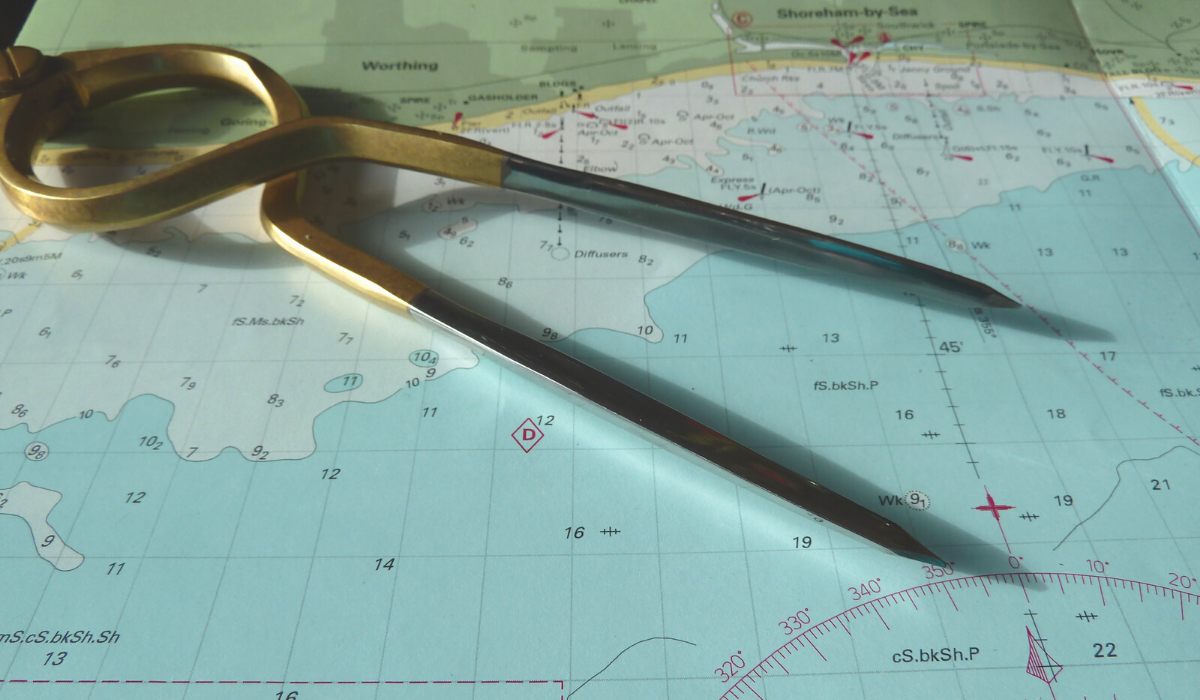Lucy Cavendish DoS, Ian Shields, discusses his unique journey from the military to academia.

My name is Ian Shields, and I have the honour to be a Director of Studies in HSPS (Politics) at Lucy Cavendish College, a post I have held since the start of the Michaelmas Term in 2021. I see my role at the College as offering support, guidance and mentorship primarily for those students assigned to me in my role as a Director of Studies, but also to be available more widely to support the student community at this unique College (especially during a period of transition) and to act as a link between the College and the Department of Politics and International Studies, where I am an Associate Lecturer.
I do not have a conventional academic background: before entering academia I spent 32 years in the Royal Air Force; my military career allows me to take a different view on International Politics and when, for instance, I am talking about the United Nations’ Peacekeeping role, I can talk form first-hand experience, have been part of the United Kingdom’s contribution to such United Nations missions in both the Balkans wars (following the break-up of Yugoslavia) and in Afghanistan. I like to think that the formal training that I received, and also many years of practical experience, in personnel management also allows me to offer help and guidance to the student body in a different but helpful way.
In my military career, I was a Navigator – a role that has now disappeared and advances in technology (such as the advent of satellite navigation systems such as the Global Positioning Service that most of us have on our mobile telephones and use without giving it a second thought) have now made redundant. But when I joined, we still required specialist aircrew to undertake this role; indeed, I was among the last generation of Royal Air Force navigators to be trained in astral navigation – literally navigating by the stars, a skill that I used over many years of my flying career. And to this day, I can still identify north or south if I can see the stars (in either the northern or southern hemisphere) by night or from the position of the sun by daylight.
I started my flying career on nuclear-armed bombers during the Cold War: the large, long-range, triangular aircraft the Vulcan. Our role was nuclear deterrence, and fortunately, it worked as we never had to undertake any mission beyond training flights. When the Vulcan was retired from service in the early 1980s I transferred to a military transport aircraft that we called the Hercules, where I spent the remainder of my operational flying career. I have undertaken pretty much every mission that military transport aircraft can undertake: I spent 4 months on the Falkland Islands in 1985 on an air-to-air tanker variant of the Hercules; I undertook famine relief in Ethiopia; I have dropped stores and parachutists from both very high and very low altitudes; and have literally flown around the world. I also spent a fair amount of my career in the training role, which I think has helped equip me both for lecturing (I have at least received formal training on how to lecture!) and for guiding students.
The highlight of my military career was, without a doubt, being appointed the Commanding Officer of one of our Hercules squadrons for two years. I had a little over 200 people working for me and for that period it was my job to lead them, to manage them, to inspire them and to act as a role model. During my time as the Squadron Commander, we were heavily involved in the Afghanistan conflict and I stood in front of a quarter of my Squadron one morning and ordered them to go to war: a unique experience. I also served personally in Afghanistan at this point, being the first Royal Air Force officer on the ground at Kabul International Airport immediately after the fighting ended, and second in charge of the British team that reopened, and then initially ran, the airport reconnecting Afghanistan to the outside world. It is in recognition of this time that I was honoured to be appointed an Officer of the Most Honourable Order of the British Empire (OBE), receiving my medal from Her Majesty the Queen in person.
In the latter stages of my military career, I entered a very academic stream, gaining an MA in War Studies from King’s College London and an MPhil in International Relations from Cambridge University. I left the Royal Air Force in 2010 to pursue a career in academia, a decision I have never regretted. I have been formally part of Cambridge University since 2016; before then I lectured extensively within the broad fields of International Relations and Security Studies at a number of British universities including the School of Oriental and African Studies University of London, and Birmingham University.
My core research area is the relationship between the British Government and the British Media over the use of military force, an area of great interest to me driven in no small part by my dealings with the Media during my military career. Spin-offs from this include research into the impact of Social Media and increasingly of Artificial Intelligence; I am also an occasional commentator on both UK and overseas media outlets from television and radio through to local and national newspapers.
In sum, mine is not a conventional background, but I hope that this adds to the variety of College life, and that my experiences in the field of personnel management allow me to supervise and guide the students for whom I have responsibility – both formal and informal – to good effect. It is a pleasure and an honour to be part of Lucy Cavendish College.




